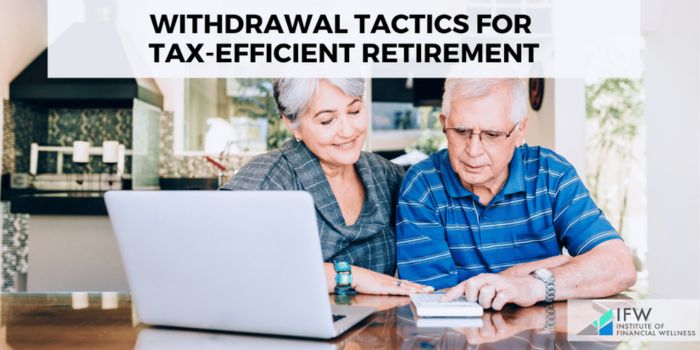As you approach the golden years of retirement, it’s common to scrutinize your finances and wonder if you’ve saved enough. Among those nearing this pivotal transition, we often hear concerns about the sufficiency of their nest egg and the desire to retire debt-free.
However, many overlook a critical balance between the urge to eliminate debt and the need to grow retirement savings. There’s a misconception that prioritizing debt repayment above all will lead to financial freedom. This relentless focus on debt can inadvertently restrict the amount of money available for investment, perpetuating a cycle where savings don’t expand as they potentially could. The result? Increased financial pressure and a shakier foundation for the retirement years.
Contrary to some beliefs, carrying certain types of debt into retirement isn’t inherently negative. It’s vital to weigh the nature of your debt against the benefits of investing during the years leading up to retirement. Let’s explore the notion that paying off debt should always come first – and why that might not be the best strategy for your retirement plan.
Aggressively pay off high-interest credit card debt
High-interest credit card debt (10% in APR or more) is the only type I would recommend aggressively paying off. You’ll want to list out each of your debts, the interest rate, and monthly payment amount. Then you should make a plan to pay it off before retirement, utilizing either the debt snowball or avalanche based on your personal preference.
If you are a fan of quick wins, then the debt snowball is your best bet. If you really want to quickly free up more monthly cash flow, then choose the debt avalanche as it pays off the cards with the highest monthly payment and largest balance first.
Your student loan plan should depend on several factors
If you have student loans, whether you prioritize repayment before retirement will largely depend on the interest rate.
If they are federal or private student loans that have a higher interest rate (8% or higher), then I would recommend aggressively paying off those loans before retirement while continuing to save. If your student loans are less than 8%, then I would continue making regular payments and invest at the same time.
If your student loans are in default, please be sure to work on getting them current before you retire. Contrary to popular belief, they do not simply go away after a certain amount of time has passed. The federal government will actually garnish a portion of your Social Security check in order to ensure they are paid — furthering your personal retirement insecurity.
Your mortgage doesn’t need to be a top priority
I don’t recommend aggressively paying down your mortgage before retirement unless you have saved enough for retirement and have substantial cash flow. While you spend time, energy, and capital funneling hundreds of thousands of dollars into an illiquid asset, you could have put that money into your retirement account and secure a fantastic standard of living in retirement.
Failing to save enough for retirement presents a large risk for many Americans. Inflation and wage stagnation can make it hard to save for retirement. However much debt might bother you emotionally, it’s important to remember that it is more important to have a nest egg to fall back on than it is to have a paid-off home.
How to decide your priorities
Some financial gurus recommend only focusing on one financial priority at a time, but you can truly invest and pay down debt at the same time. In my experience, it is the most sustainable path. But how do you decide which is the most important?
If your interest rate on your debt is less than your expected rate of return on your investments, then you should invest instead of aggressively paying off debt. If your investment return is lower than the interest rate on your debt, then prioritizing debt payoff makes the most sense.
As an example, if your car note has an interest rate of 4%, but your investment annual expected return is 8%, you will be better off financially if you invest more instead of paying down debt.
Focus more on your retirement savings as you approach retirement
If you are less than 10 years from retirement and have less than five times your annual income saved in retirement, then you will want to prioritize putting money away for retirement over anything else (except maybe high-interest credit card debt or payday loans).
For example, let’s say you make $75,000 annually. If you have less than $375,000 saved across your various retirement accounts, then you will want to heavily prioritize your retirement savings. In this case, there is nothing more valuable to you than getting as much money as you can in your retirement accounts so that compounding can work its magic.
Before choosing the best course of action for your financial future, it’s crucial to assess your current finances thoroughly. Examine the amount you owe, review your retirement funds, and determine the savings needed to support your lifestyle once you retire. By doing so, you’ll be better equipped to make informed decisions that align with your retirement goals.




